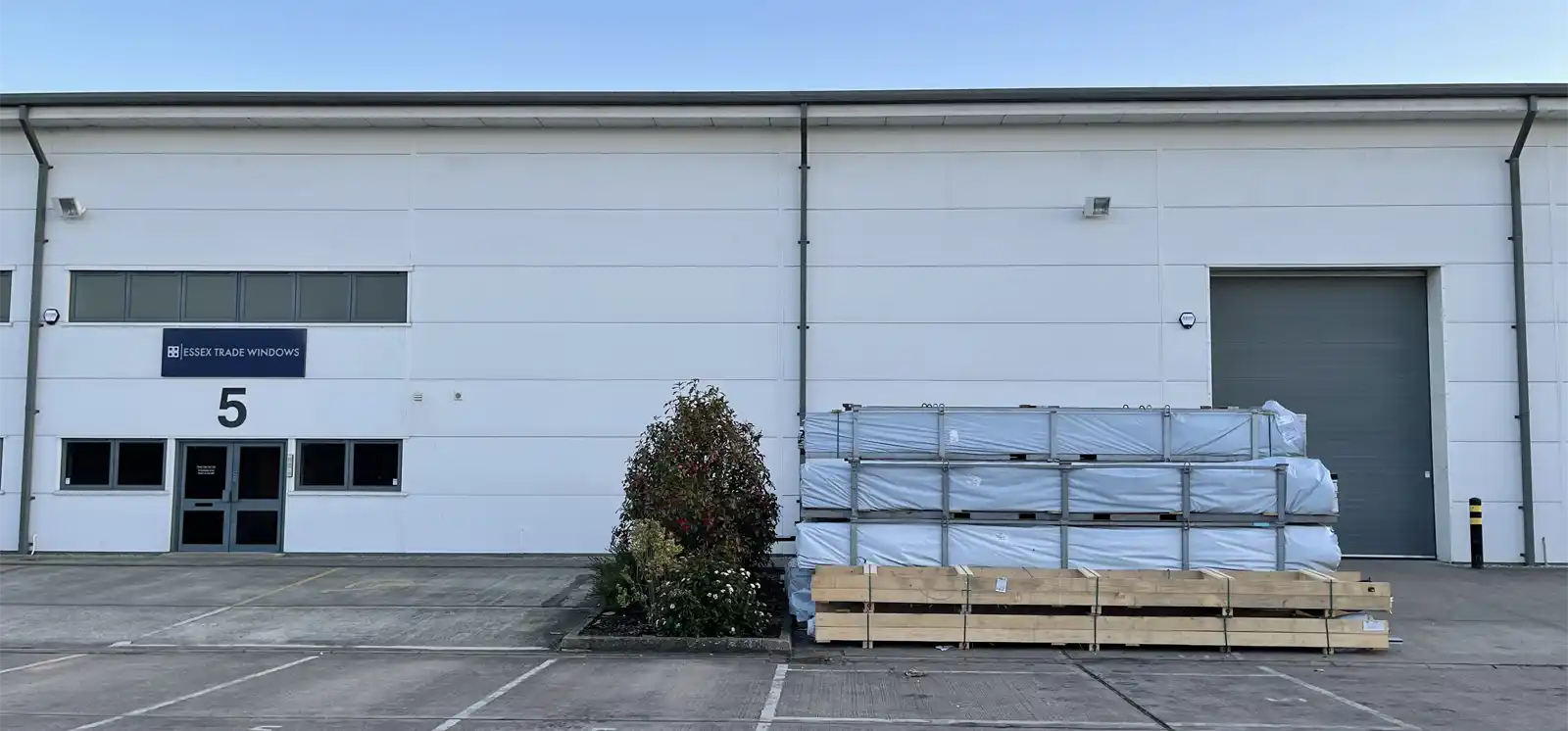The moment one thinks of the front door for their house, it easily becomes one of the most crucial decisions to have to make, considering the number of options that the market has to offer. Two of the most popular, at the moment, are uPVC and composite doors.
Both have their pros and cons, but the question that every homeowner comes across is, are composite doors better than uPVC? In this blog, we’ll take a closer look at the characteristics, benefits, and drawbacks of each type of door to help you find the answer.
Understanding Composite Doors
Composite doors are crafted from a blend of materials such as uPVC, wood, insulating foam, and glass-reinforced plastic, and boast exceptional durability, safety, and thermal efficiency. Their robust construction and multi-point locking systems ensure enhanced security, a paramount feature for safeguarding your home. Additionally, composite doors excel in insulation, promoting energy efficiency and reducing heating costs, thereby fostering a cosy indoor environment.
In addition, composite doors offer great customisation opportunities, as the door comes in all shapes and sizes, colours, and finishes. They're perfect for emulating traditional timber doors or providing a contemporary look.
On the other hand, quality composite doors are usually more expensive than uPVC doors, which means that the initial investment may put off many. However, many people consider it a great investment due to the long-term advantages and durability that composite doors bring along.
Exploring uPVC Doors
uPVC doors, on the other hand, are composed of Unplasticised polyvinyl chloride, an adaptable and cost-effective material in use in the construction industry. In fact, uPVC doors are worth the price due to their affordability and low maintenance needs. Along with being reasonably well-insulated to keep homes warm in winter and cool during summer, they are not as highly insulated as composite doors, uPVC doors are still energy-efficient and can help save on energy bills with time.
However, uPVC doors are comparatively less durable and secure compared to composite doors. Though they do not degrade with weather, they may be more susceptible to impact damage compared to their composite counterparts. In addition, uPVC doors offer fewer possibilities for customisation, limiting homeowners' ability to make their entrances look as they prefer.
Pros and Cons of a Composite Door vs uPVC
To facilitate your decision-making process, let's examine the advantages and drawbacks of both composite doors and uPVC doors, shedding light on their respective strengths and weaknesses.
Pros of uPVC Doors
Cons of uPVC Doors
Apart from being first on the market some 15 years before composite doors, one of the main reasons people choose a uPVC door is because composite doors generally come with a higher initial price because of their sophisticated design and energy-saving attributes. As well as this, in comparison to wooden doors, uPVC doors are considered far more luxurious and secure, as well as being easier to clean and maintain.
Because of this, uPVC doors are pretty common. If you look down a street, you are very likely to see similar white uPVC doors at the front of people’s homes. You can, however, add a touch of individuality with some decorative glass panels at an extra cost.
Pros and Cons of a Composite Door
Now, let's evaluate the strengths and weaknesses of composite doors:
Pros of a Composite Door
Attractive, and even bespoke designs
Very durable More security options
Weather resistance gaskets and seals
More energy efficient - 2 x thicker than uPVC
Cons of a Composite Door
Composite doors offer almost limitless options for colours to match your individual taste and style. They are also very durable with a lifespan of 35+ years and require little to no maintenance, just the occasional wipe-over and oiling of the hinges.
Choosing the Right Way
The choice between composite doors and uPVC doors, as it happens, ultimately depends on your priorities, your budget, and your specific needs. If durability, security, and the ability to have customised doors are important to you, then composite doors are probably better, even with their higher price tag. On the other hand, if affordability and minimal maintenance are key factors for you, uPVC doors offer a practical and pocket-friendly alternative. You can design your new door here with our uPVC door maker.
You can consult with Essex Trade Windows before reaching any decision regarding the type of door. For that matter, you must also consider your house's architectural design, climatic conditions, and long-term investment goals while having a look at the pros and cons of each type of door before making your final decision.






